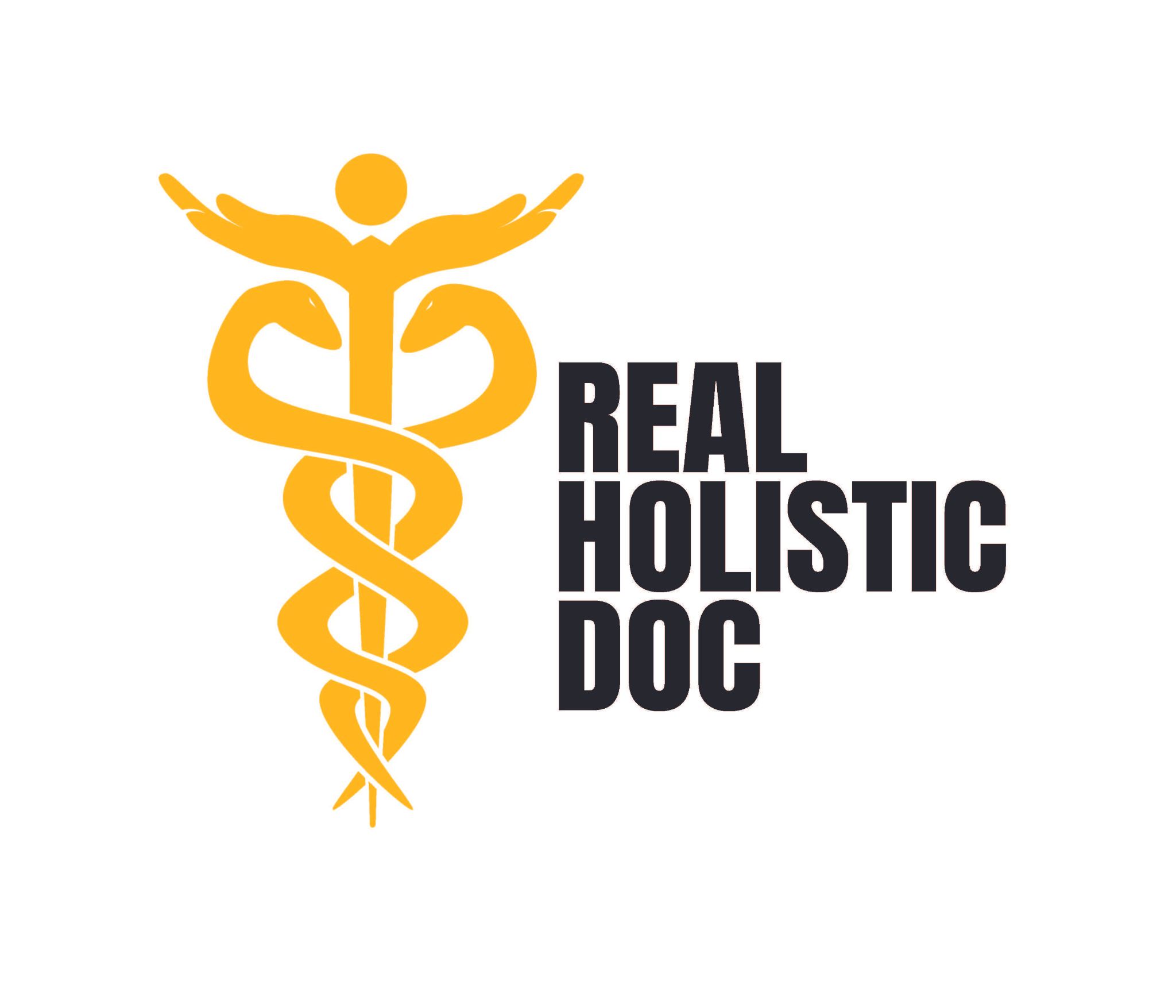L-glutamine has marked anti-inflammatory and moderate analgesic activity. Indeed, its anti-inflammatory activity is comparable to the NSAID phenylbutazone! (Agents Actions, 1981, 11:243-249).
Glutamine is used at a high metabolic rate by both lymphocytes and macrophages. In fact, macrophage phagocytosis is dependent upon its availability. Levels of glutamine are decreased in both muscle and plasma in sepsis, injury, burns, surgery and even endurance exercise, all of which can lead to immune suppression.
Added glutamine may increase survival in bacterial infections, even in animals; and it greatly enhances the ability of neutrophils to produce nitric acid as well as to perform their normal phagocytosis activity.
Glutamine infusions have been of considerable use in patients following surgery, radiation, trauma and bone marrow transplantation. (Amino Acids, 1999, 17: 227-241). Other immune-enhancing nutrients include omega-3 fatty acids and L-arginine and many others which are too numerous to list here.
Perhaps glutamine’s greatest benefit is in assisting intestinal integrity. Even when given parenterally, it prevents deterioration of gut permeability. And given orally, no therapy is as useful in leaky gut or intestinal dysbiosis. (Lancet, 1993, 341:1363-1365). Glutamine enhances jejunal absorption of water and electrolytes, even in diarrhea. Equally important, PGE -1 does not decrease this beneficial effect.
One of its other great benefits is protection of the stomach and intestines from the damage of non-steroidal drugs. For those individuals who need non-steroidal drugs, glutamine supplementation is an essential protectant.
And glutamine may be life-saving in hepatic damage from acetaminophen. Of course, I consider acetaminophen one of the world’s most dangerous and useless drugs!!
Glutamine can be life-saving for patients with Crohn’s disease and other inflammatory bowel disorders as well as in irritable bowel syndrome. It may be a particularly good preventative for colon cancer.
Interestingly, it is essential for synthesis of glutathione, the major antioxidant in mammalian cells. Glutamine supplementation suppresses mammary carcinogenesis by activating tumor apoptosis (death) in tumor cells. (Breast Cancer Res. Treat., 2004, 88:247-256.) Other studies suggest that glutamine supplementation may be beneficial in all cancer patients. (Ann. Surg, 1993, 218:715-728)
The finding of lower concentrations of glutamate in the motor cortex of older individuals may be due to lower levels of glutamine and is consistent with the loss of brain cells. (Neurobiol. Aging, 2005, 26:665-672.) Finally, total ICU and hospital costs are reduced 50% and survival rates increased in critically ill patients given glutamine supplementation. (Nutrition, 1997, 13: 295-302.)
Glutamine powder contains approximately 750 mg in 1 teaspoon. Recommended dosage is one teaspoon to one tablespoon three times daily. This should be considered in all individuals with intestinal problems, immune challenges and cancer. It is minimally sweet tasting and may be taken in water or any liquid.
C. Norman Shealy, M.D., Ph.D. is the father of holistic medicine. He recommends autogenic focus (the basis of the Biogenics System) as part of your commitment to self-health. Register to download your FREE autogenic focus MP3 now.
